Time Periods
Paleolithic
Mesolithic
Neolithic
Chalcolithic
Bronze Age
Iron Age
Classical Period
Post-Classical Period
Early Modern Period
Industrial Period
Contemporary Period
Time Periods
Paleolithic
Mesolithic
Neolithic
Chalcolithic
Bronze Age
Iron Age
Classical Period
Post-Classical Period
Early Modern Period
Industrial Period
Contemporary Period
Location
About
The Antonia Fortress, constructed by Herod the Great, was strategically built at the north-western corner of the Temple Mount in Jerusalem. Designed to protect the Second Temple, the fortress played a crucial role as a military and administrative center. It housed a part of the Roman garrison and stored the high priest's vestments. The fortress was notably involved in the Siege of Jerusalem in 70 CE, marking a pivotal moment in Jewish history with the destruction of the Second Temple. Its architectural features included towers and possibly extensive barracks, underscoring its defensive and military significance. Despite some disputes about its exact construction date and size, the Antonia Fortress remains a significant archaeological and historical site, offering insights into the complex socio-political dynamics of Herodian Jerusalem.
Gallery
Explore photographs of ancient structures, artifacts, and archaeological excavations at Antonia Fortress
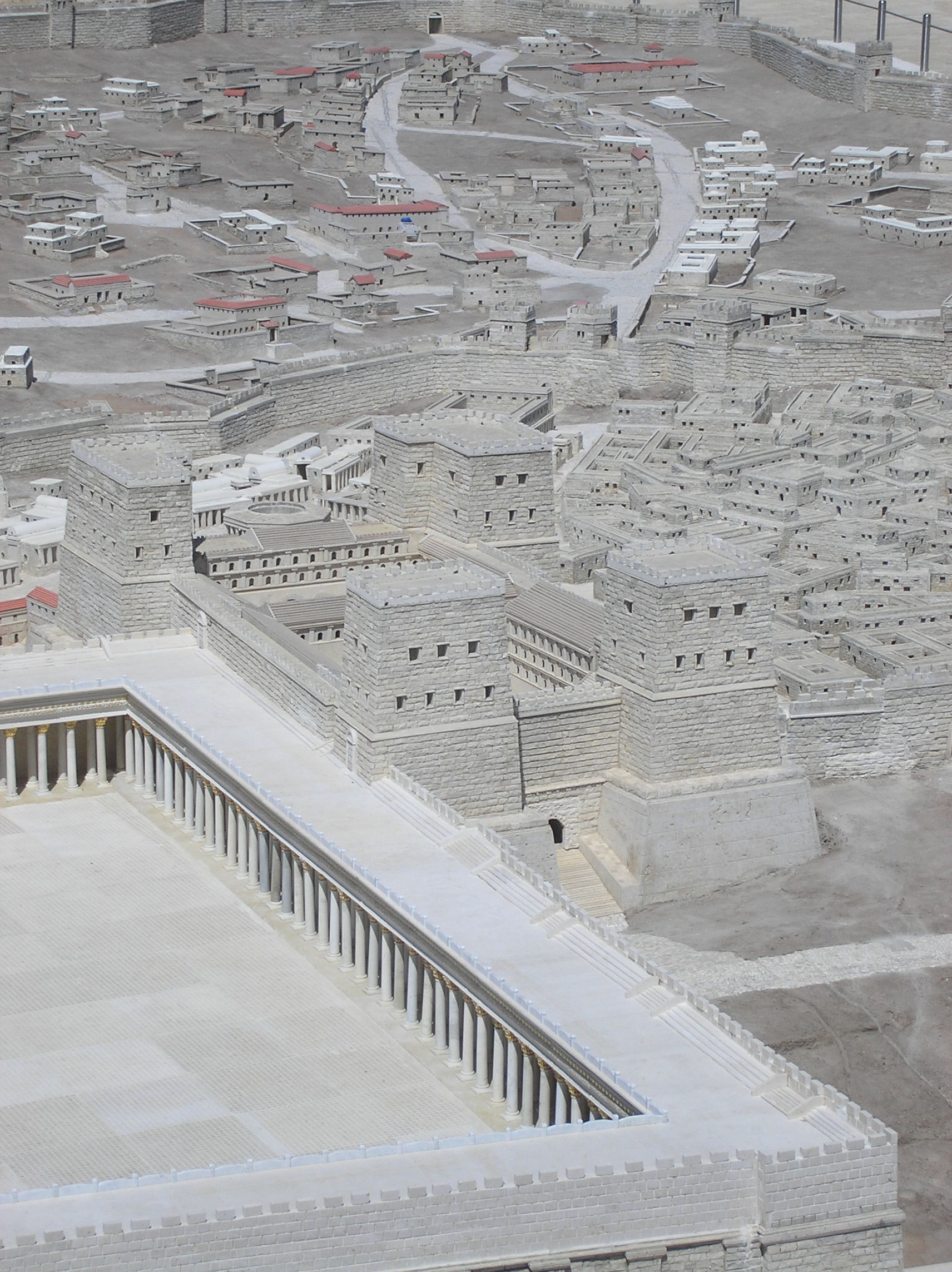
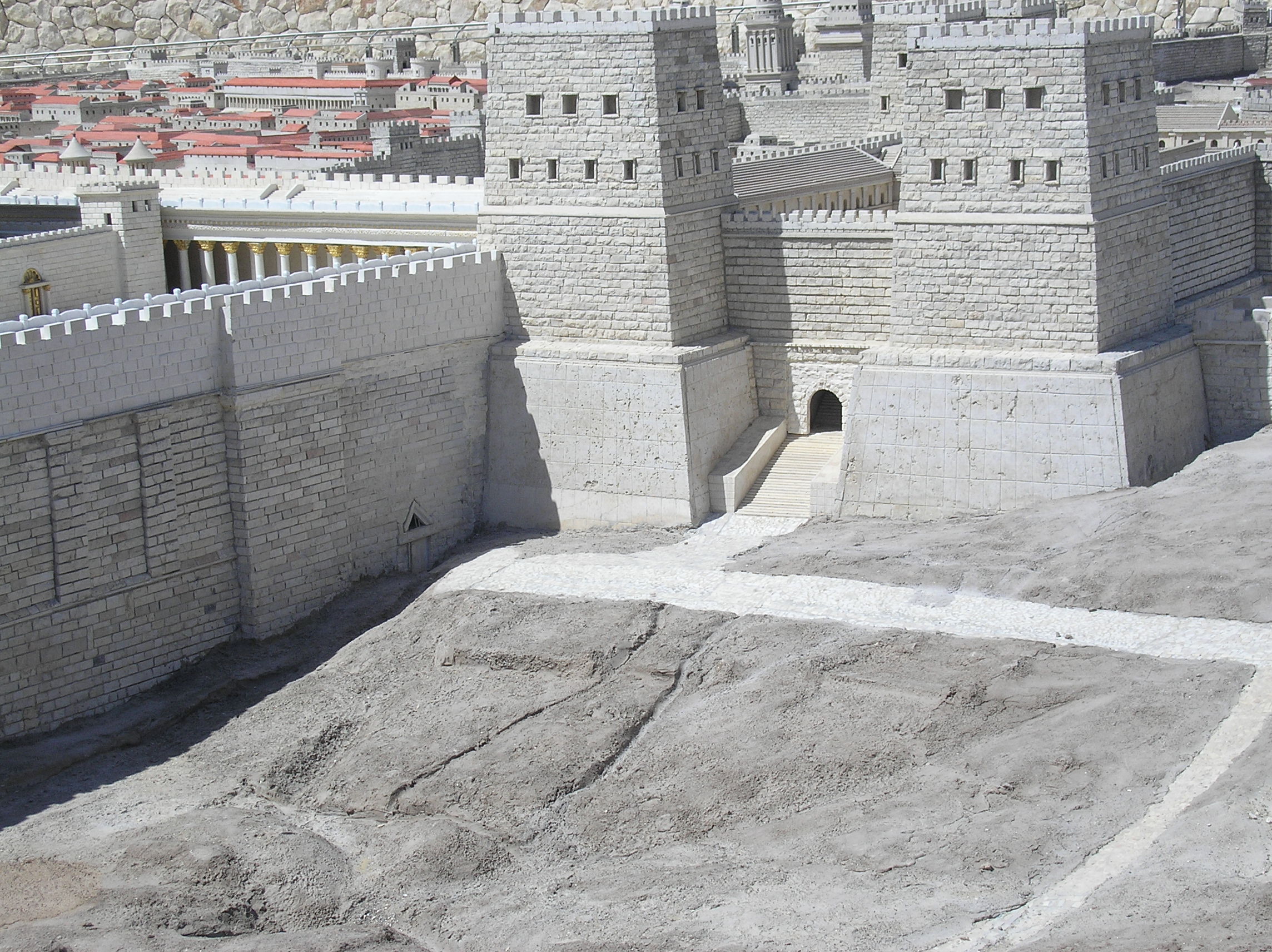
Archaeological Features
Explore the unique architectural and cultural elements found at this historical site
Defensive Structures
Military Installations
Public and Civic Structures
Religious and Ritual Structures
Historical Timeline
Journey through time and discover key events in this site's archaeological history
Plan Your Visit
Details
- Country
- Israel
- Source
- Wikipedia
More Sites in Israel
Rehovot-in-the-Negev
Ancient Nabatean and Byzantine town remains
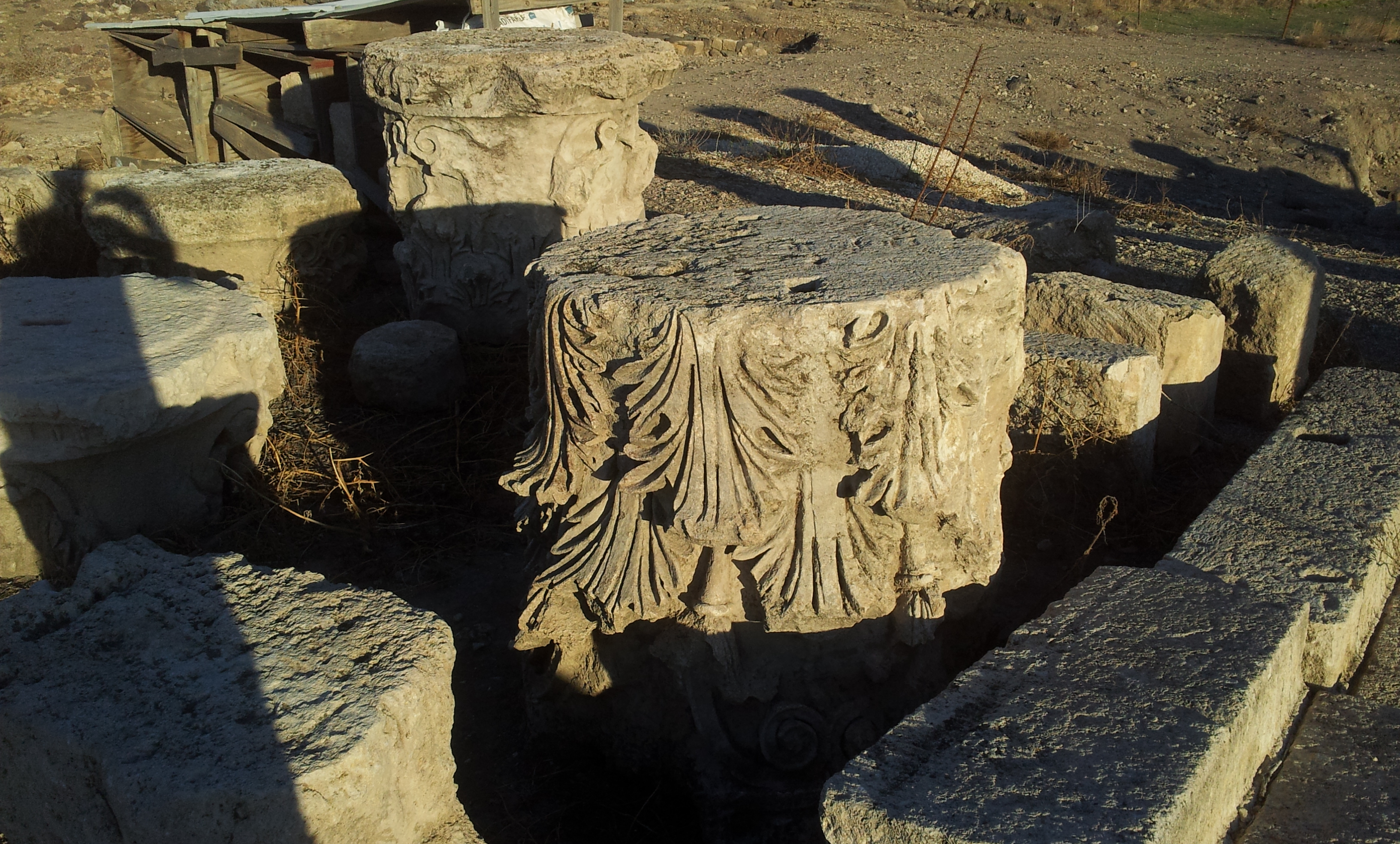
Omrit
Ancient Roman temple site in Upper Jordan Valley
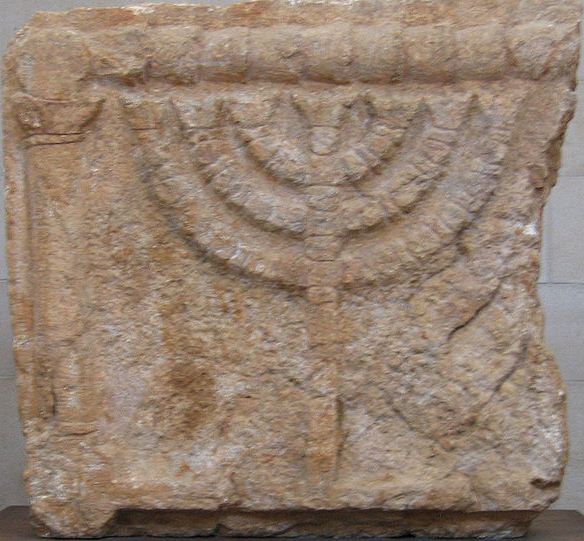
Hammat Tiberias
Ancient hot springs and synagogues site
Tel Shem
Flattened tell with scattered artifacts.
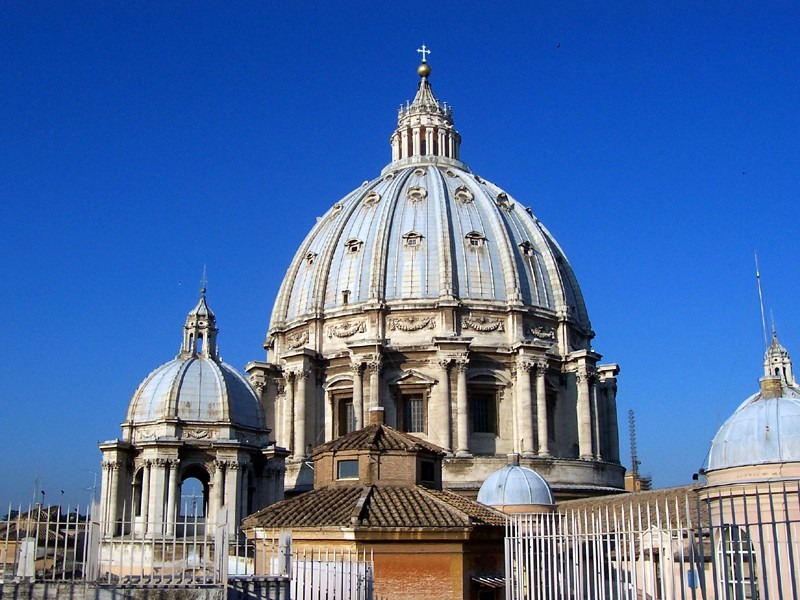
Tel Hanaton
Archaeological tell in Lower Galilee, Israel
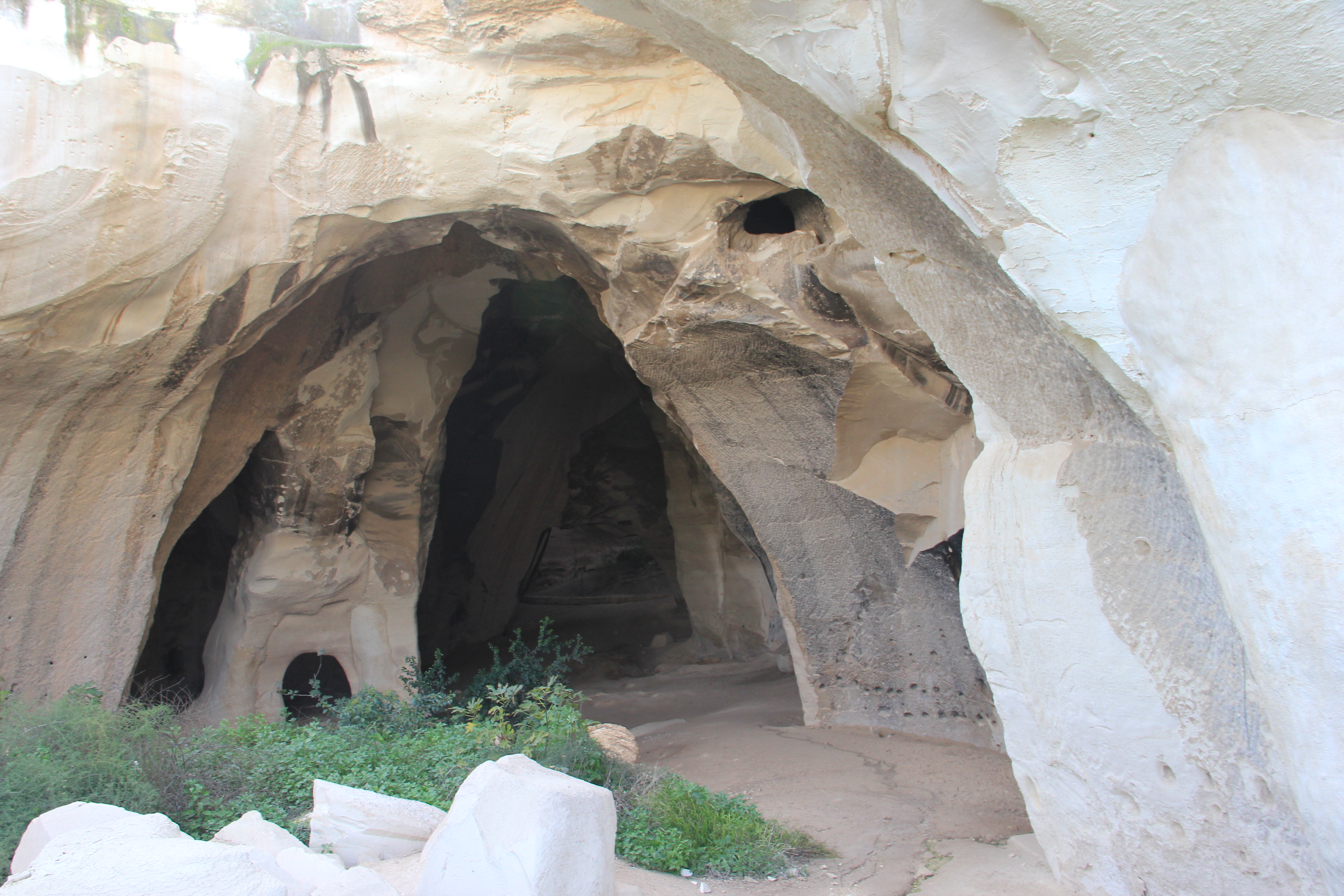
Beit Guvrin-Maresha National Park
Cave network with historical town remains.